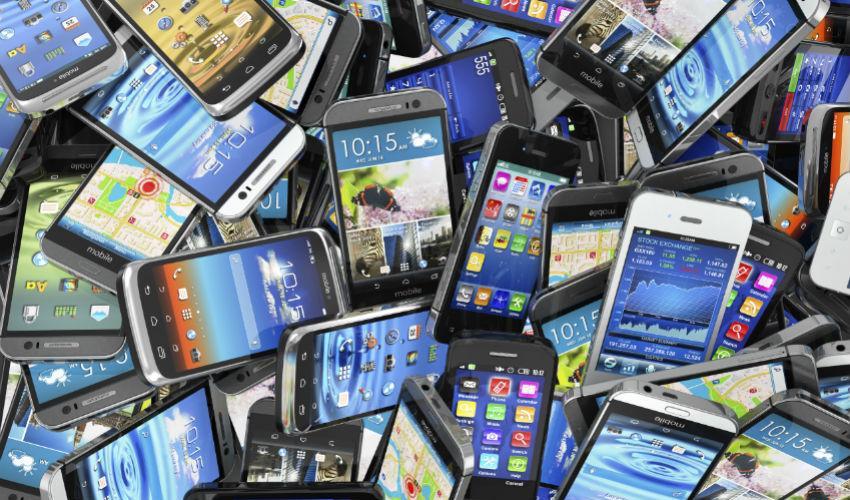
The Lost Art of Choosing a Mobile Phone Package
WHEN WE ARE CALLED TO CHOOSE AMONG OPTIONS CHARACTERIZED BY SEVERAL VARIABLES, OUR BEHAVIOR CAN BE SURPRISING, AS OBSERVED IN AN EXPERIMENT CARRIED OUT BY ALESSANDRA CILLO, FRANCESCA BECCACECE, EMANULE BORGONOVO, GREG BUZZARD E STANLEY ZIONTSHow easy is it to choose between two mobile phone packages? Alessandra Cillo, with two other colleagues at the Decision Sciences Department of Bocconi University (Francesca Beccacece and Emanuele Borgonovo), Greg Buzzard of Purdue University and Stanley Zionts of the School of Management, State University of New York, have proposed an assumption-free method to elicit consumers’ preferences when exposed to complex tasks that involve the choice of options characterized by several variables.
The researchers have carried out an experiment in 2012, whose results have been published in 2015 by the European Journal of Operational Research (Elicitation of Multiattribute Value Functions through High Dimensional Model Representations: Monotonicity and Interactions). Sixty-five students from Bocconi University had to choose between an amount of money or a mobile phone package with different bundles of minutes of conversations, number of text messages and the presence (or absence) of unlimited free calls to a special number. To make sure of their involvement in the decision problem, following international protocols, the researchers have paid students a show-up fee. Moreover, they knew that 10% of them -randomly selected – would have really received the sum of money or the package chosen.
“The experiment has revealed that minutes matter more than text messages, as we expected in the WhatsApp era”, Cillo says. “When the special number is present, the relevance of minutes decreases, and that’s plausible to expect. More interestingly, the presence of the special number increases the relevance of interactions and gives an extra value to a particular combination of minutes and messages. We observed an anomalous behavior when the subjects were exposed to packages with an extreme high level of minutes and messages. Far above a threshold level of minutes and messages (the ideal package) consumers become insensitive and unable to correctly assess the packages. In some cases, the consumers, between two packages that differ only in the amount of minutes, are willing to pay more for the package that offers less minutes of conversation”. A warning for mobile phone companies.
by Claudio Todesco
